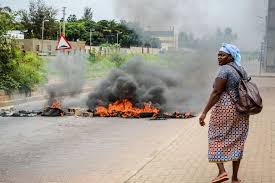Kosovo’s declaration of independence in 2008 — and the overt manipulation of this precedent by Russia in its war with Georgia and South Ossetia shortly afterwards — has focused the world’s attention once again on the Balkans. But Albania’s role within the region remains little known and less understood. In this revised edition of a major work of contemporary history, two well-known and internationally-respected authorities elucidate Albania’s place in the Balkans, from the explosion of violence in the 1990s, which brought the country to the brink of civil war, to the present day. Since 1997, the Albanian region has been forced simultaneously to come to terms with the realities of a post-Communist world and the threat of Slobodan Milosevic’s ‘Greater Serbia’ project. Its people, the authors argue, are involved in the process of national self-emancipation: the re-establishment of free markets and ending of Communist border controls have renewed long dormant cultural and economic links between the Albanian people and the wider region. The future of the Albanians in the Balkans is the most pressing issue in the region today, a fact which the West must pay close heed to if this long neglected nation is to become a European partner. Indeed, the authors argue, in this rapidly evolving political climate, failure to come to terms with the importance of the Albanian question could return the region as a whole to armed conflict.
Related Articles
January 23, 2025
The Syrian civil war
January 20, 2025
Elections in Mozambique
January 20, 2025



